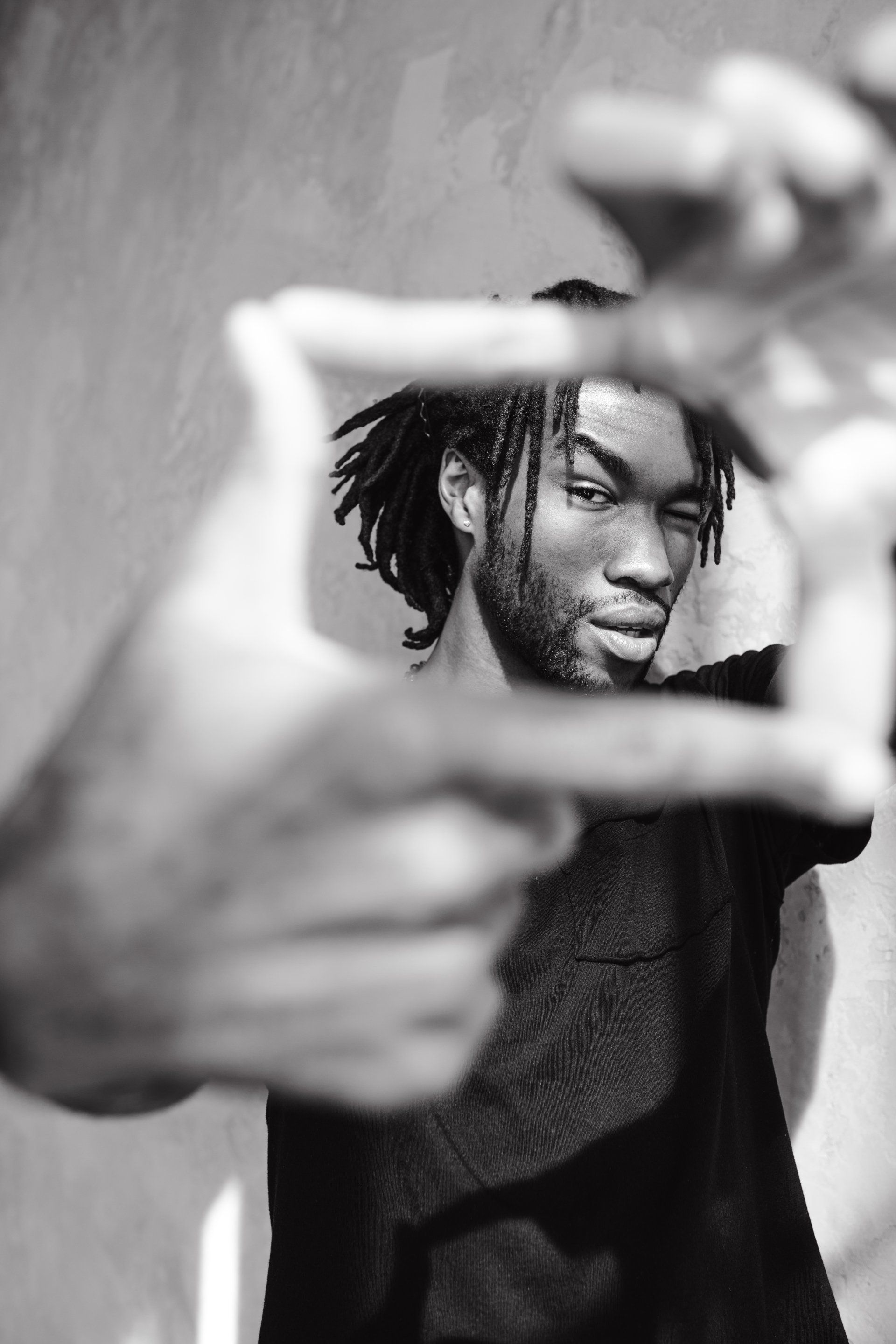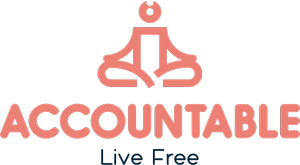The Power of Self-Awareness in Recovery: A Personal Journey
Hello, my name is Dave Aumiller, and I am in long-term recovery from Substance Use Disorder (SUD). My journey to recovery has been a rollercoaster ride, filled with highs and lows, but throughout it all, self-awareness has been my guiding light.
Childhood and the Beginnings of Addiction
My story began like many others, growing up in a suburb of St. Louis with loving parents and a seemingly normal childhood. However, as I grew older, I found myself slowly becoming obsessed with drugs and alcohol. Despite the negative repercussions, I continued down this path, trading away all the advantages in the world for an obsession that was slowly consuming me.
A Life-Changing Diagnosis and a Downward Spiral
The turning point came when I was diagnosed with cancer and lost my mother unexpectedly. This led to my first prescription for pain medication and the beginning of a downward spiral. I started using heroin to numb the pain of losing my father to ALS and the guilt and shame that came with it.
Choosing Recovery: Commitment and Accountability
After years of chaos, drug charges, and prison sentences, I found myself at a crossroads. I was standing outside the county jail, faced with the choice of returning to my old life or choosing a new path. In that moment, I chose recovery. I committed to sobriety, participated in in-patient treatment, transitional housing, and outside community support groups. I worked hard, held myself accountable, and was honest with myself and others. Slowly but surely, I built an environment I could be proud of.
Relapse and Redemption: The Reality of Recovery
However, recovery is not a straight line. I relapsed and found myself back in prison. But even in the darkest moments, I held onto the belief that I could change. I decided to do my time sober and upon release, I returned to the path of recovery.
Building a New Life: You Are Accountable
Today, I am a Nationally certified peer support specialist and manage an inspired team of other peer support specialists at You Are Accountable and the Director of the National Peer Recovery Alliance where we sustain and develop a culture of people in recovery constantly advancing the credential we hold. And I am proudly and diligently in long-term recovery from SUD.
Lessons from the Journey: Self-Awareness and Hope
My journey to recovery has taught me the power of self-awareness. It's about recognizing your activators, understanding your emotions, and making conscious decisions to change. It's about acknowledging your past mistakes and using them as stepping stones to a better future. To those still struggling with addiction, know that there is hope. Recovery is possible. It may not be easy, but it is worth it. And remember, you are not alone. There are organizations and individuals who are ready to help, to guide, and to support you on your journey to recovery.
Faith and Community in Recovery
I would be remiss without mentioning my faith as my compass, allowing me to find true north in moments of doubt. As well as my recovery community, better described as other individuals in recovery demonstrating faith through action.
Conclusion: The Lifelong Journey of Recovery
In conclusion, always remember, recovery is a journey, not a destination. Stay strong, stay hopeful, and most importantly, stay self-aware.




hello@youareaccountable.com
(646) 450-7641